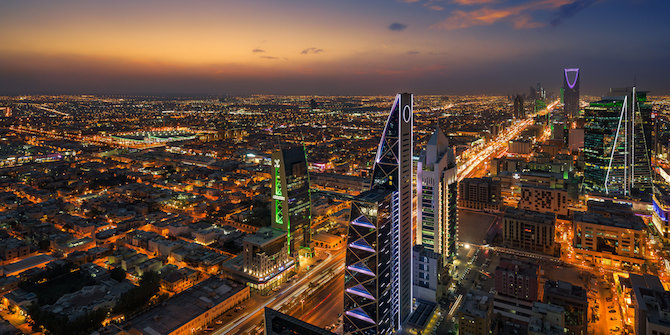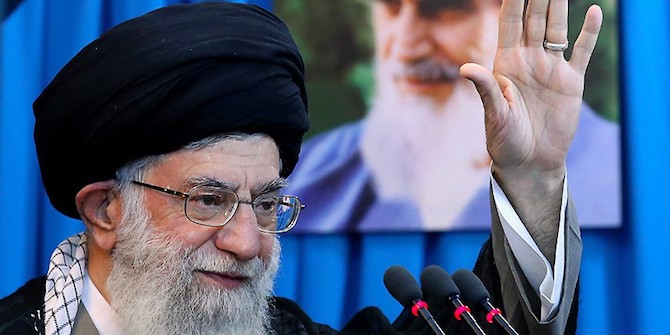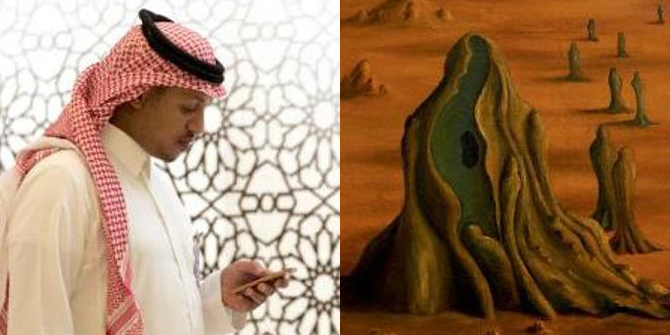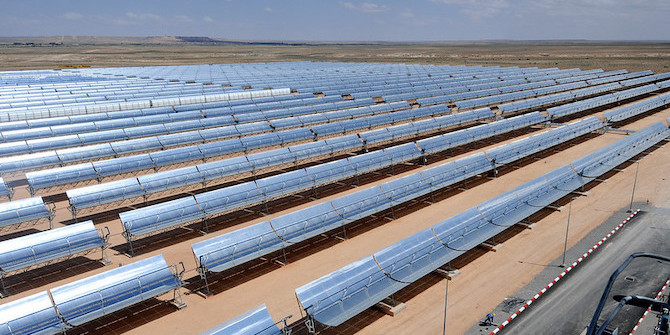by Ian Black
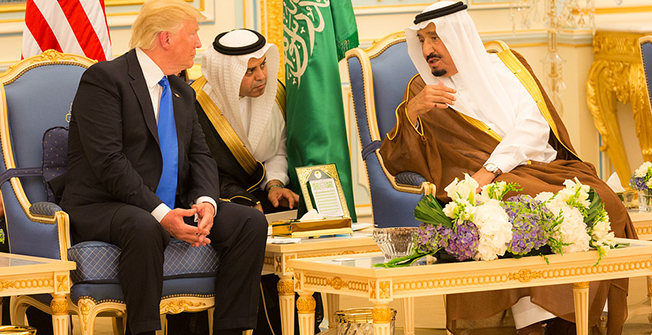
It may not have been very surprising but it was nevertheless an unusually clear and unmissable signal. King Salman of Saudi Arabia has sent out a message about a highly sensitive issue: The Kingdom will not go along with Donald Trump’s ‘deal of the century’ to resolve the Israel–Palestine conflict. It refuses to accept the US recognition of Jerusalem as Israel’s capital without a commitment to the creation of an independent Palestinian state with East Jerusalem as its capital.
Saudi diplomacy has always tended to the opaque – hesitant, uncertain and often ambiguous – but this episode, reported over the weekend, is almost transparent. Riyadh was delighted from the start by Trump’s relentless anti-Iranian focus – the opposite of what it saw as Barack Obama’s embrace of Tehran. There has thus been unusual intimacy between Riyadh and Washington, especially between the Crown Prince, Mohammed bin Salman, and Jared Kushner, the president’s son-in-law and Middle East envoy. Lucrative US arms sales have helped too.
The result is that the impression has grown in recent months that the Saudis, probably together with their allies in the UAE and Bahrain, would throw their weight behind what is called an ‘outside-in’ solution to the Palestine question – one in which Israel strikes deals with the wider Arab world (beyond its longstanding peace treaties with Egypt and Jordan) in order to pressure the Palestinians to accept whatever terms are on offer – however unacceptable they are.
Briefing by unidentified officials seems deliberately intended to clear up any misunderstanding or perhaps wishful thinking about Saudi policy towards the world’s most intractable conflict, and also about who calls the shots at a time of disruptive change in Riyadh: ‘In Saudi Arabia, the King is the one who decides on this issue now, not the Crown Prince’, a senior Arab diplomat in the capital told Reuters. ‘The US’s mistake was that they thought one country could pressure the rest to give in, but it’s not about pressure. No Arab leader can concede on Jerusalem or Palestine.’
Trump’s long-promised ‘deal’ has still not been published, though obituaries of it have been around since he entered the White House. Rumours and leaks of what might be it have raised eyebrows and caused mounting concern: one significant detail was that the plan reportedly proposed that the Palestinians accept their capital in Abu Dis, an unprepossessing suburb of East Jerusalem outside the city limits and far from the Muslim holy places of the Haram al-Sharif. Another was that there would be no mention of the refugee question at all. Apparently even a freeze of West Bank settlements was off the table.
Salman had sent out an important signal before – convening the Al-Quds (Jerusalem) Arab summit in Dahran in March – weeks before the transfer of the US embassy from Tel Aviv to Jerusalem. The day that took place, 14 May, was the 70th anniversary of Israel’s independence and the Palestinian Nakba – and the bloodiest in weeks of protests on the border between the Gaza Strip and Israel. The headline-grabbing MbS has already been blamed for recklessness and impetuosity in pursuing the war in Yemen or ratcheting up tension with Tehran. The Dahran summit, together with Saudi financial aid to the cash-strapped Palestinian Authority, strongly suggested that he was out of line. So did the fascinating detail that when he saw Kushner recently, his father – who remains the Custodian of the Two Holy Mosques – was present too.
The only likely remaining format to work with is the Arab Peace Initiative, authored by the Saudis in 2002 and re-launched at the Arab League summit in Riyadh in 2007. It commits every one of the league’s 22-member states to recognise Israel in return for the creation of a Palestinian state and a just solution of the refugee issue. It is hard to imagine a better collective offer – as many centrist Israelis recognise while regretting the lack of a formal response by successive governments of their own. Quiet cooperation between the Israelis, the Saudis, Emiratis and Bahrainis seems likely to continue – especially in confronting Iran. But it is now clearer than before that that will not involve abandoning the Palestinians.



